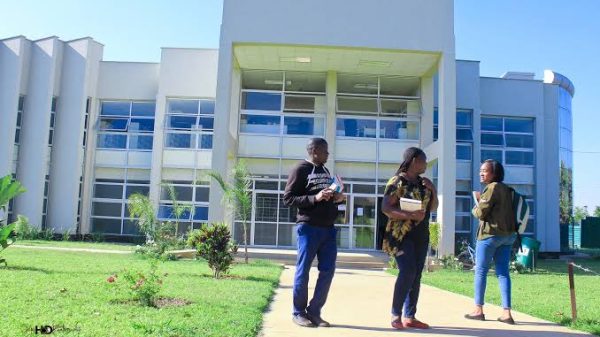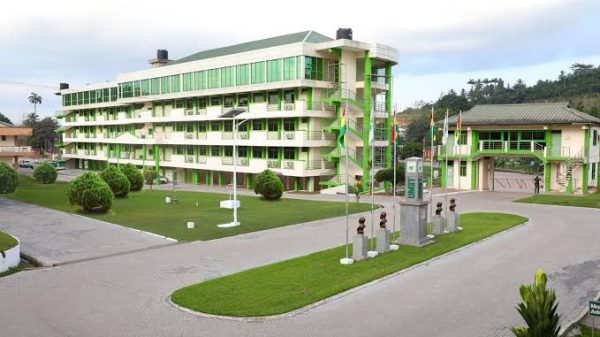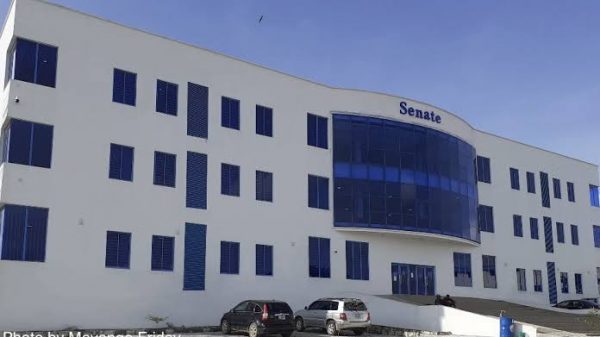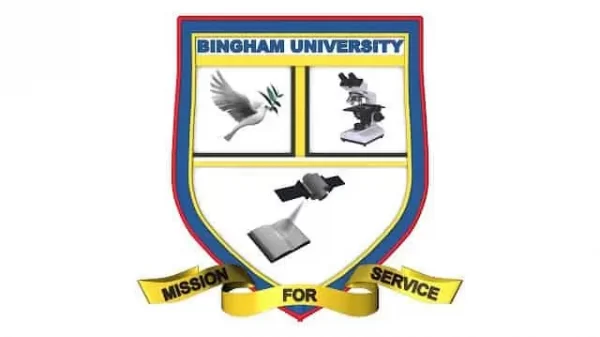Are You Looking For The Requirements To Study Computer Science In ABU?
If you’re considering studying computer science in Nigeria, Ahmadu Bello University (ABU) is an excellent choice.
Renowned for its academic excellence and robust curriculum, ABU offers a comprehensive computer science program that prepares students for a successful career in the rapidly evolving field of technology.
In this in-depth blog article, we will explore the admission requirements, opportunities, and essential tips to help you embark on your journey to study computer science at ABU.
1. Admission Requirements
To secure admission into the computer science program at ABU, aspiring students must meet certain requirements. These criteria ensure that candidates possess the foundational knowledge and skills necessary to thrive in the program. The general admission requirements for studying computer science at ABU include:
a. Educational Qualifications: Applicants should have completed their secondary education, usually with a West African Senior School Certificate Examination (WASSCE) or its equivalent.
b. Minimum Grade: Candidates must meet the minimum grade requirement set by ABU. Generally, a minimum of five credit passes in relevant subjects, including Mathematics and English, is expected.
c. UTME and Post-UTME: Prospective students need to take the Unified Tertiary Matriculation Examination (UTME) and score above the institution’s cutoff mark. Following the UTME, candidates must also participate in ABU’s Post-UTME screening exercise.
d. Direct Entry: ABU also offers a direct entry option for candidates who have completed a National Diploma (ND) or its equivalent. Such applicants must possess a minimum of upper credit or its equivalent.
2. Core Subjects and Curriculum
The computer science program at ABU covers a wide range of fundamental subjects, equipping students with a strong foundation in both theoretical and practical aspects of computer science. Some of the core subjects offered in the program include:
a. Programming: Students learn programming languages such as Java, Python, C++, and more, enabling them to develop software applications.
b. Algorithms and Data Structures: This subject explores the design and analysis of efficient algorithms and the organization of data for effective processing.
c. Operating Systems: Students gain a deep understanding of how operating systems function, their components, and their role in managing computer resources.
d. Databases: This subject focuses on the design, implementation, and management of databases, including SQL and NoSQL databases.
e. Computer Networks: Students learn about the architecture, protocols, and security aspects of computer networks, preparing them for the interconnected world of technology.
3. Opportunities and Facilities
Studying computer science at ABU opens doors to numerous opportunities and facilities that enhance the learning experience. Some of these include:
a. Research Centers: ABU houses research centers equipped with state-of-the-art facilities for computer science students to engage in cutting-edge research and development.
b. Internships and Industry Collaborations: ABU has collaborations with reputable organizations, providing students with opportunities for internships and industrial training, fostering practical skills and industry exposure.
c. Hackathons and Competitions: The university regularly hosts hackathons, coding competitions, and technology-related events, allowing students to showcase their skills and network with professionals in the field.
d. Computer Labs: ABU has well-equipped computer laboratories with the latest hardware and software, providing students with hands-on experience and practical learning opportunities.










